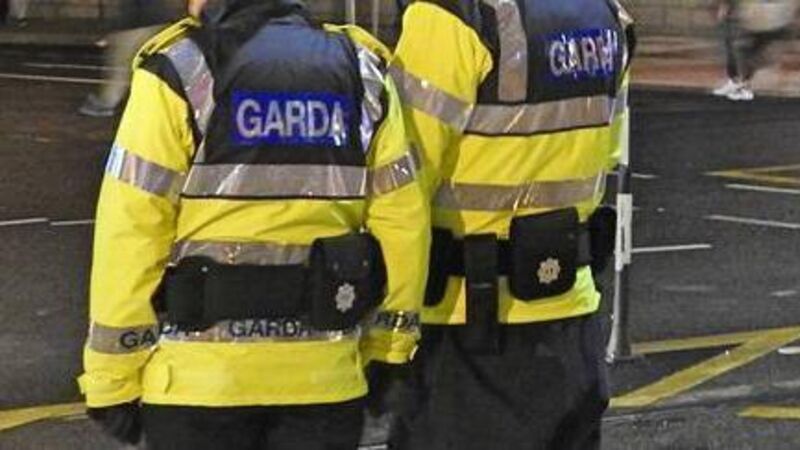Mick Clifford: Gun parts episode will further shake public trust in An Garda Síochána

In 2018, the then justice minister signed off on a request from a senior garda to allow the purchase of firearms parts. Unbeknownst to the minister, the parts were for a private gun club, and the bill was footed by An Garda Síochána. Stock Picture: Getty
Huge power is vested in the minister for justice of this State. He or she has an oversight function for An Garda Síochána, which in turn as a police force has enormous powers required to uphold the law.
All citizens can be subject to these powers, so it is vital that the use of power is carefully calibrated and proportionate.













